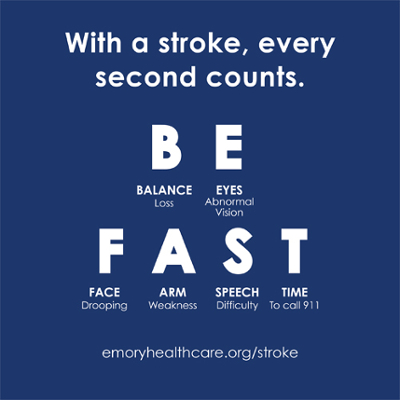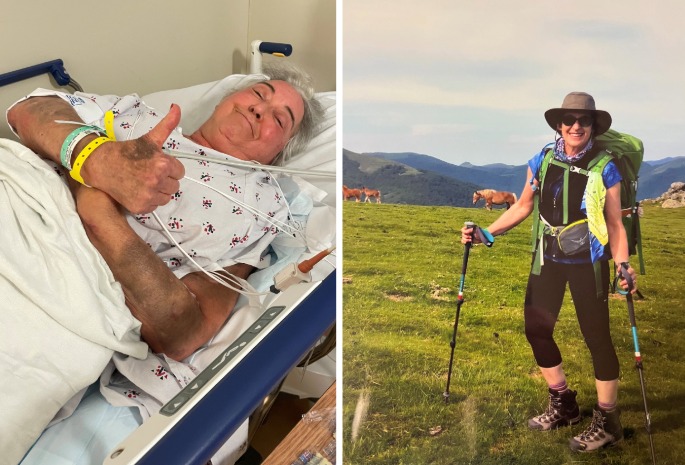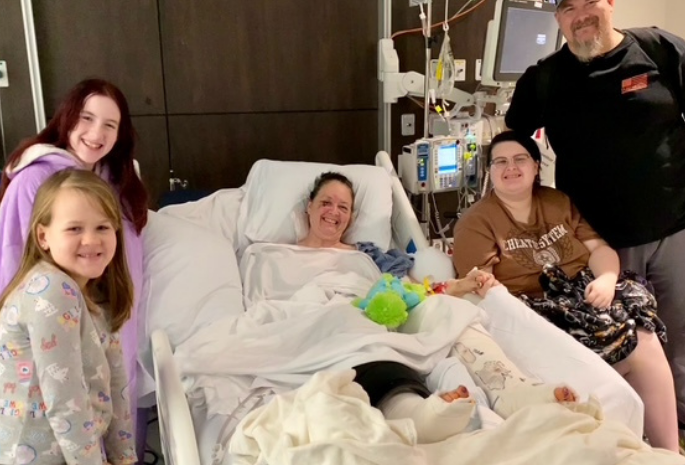C. Michael Cawley, MD, has been named director of the Emory MBNA Stroke Center, one of the nation’s leading hemorrhagic and ischemic stroke treatment and research centers. Dr. Cawley recently assumed leadership from Daniel Barrow, MD, who has led the Stroke Center since it began over two decades ago.
Dr. Cawley is also the director of Emory’s Neuro-Interventional Radiology & Endovascular Neurosurgery program, as well professor in the Emory University Department of Neurosurgery with a joint appointment in the Department of Radiology. He completed his neurosurgical residency at Emory University School of Medicine, followed by a fellowship in cerebrovascular neurosurgery in Florida. Shortly after, Dr. Cawley returned to Georgia to complete an endovascular fellowship at Emory. Over the last several years, Dr. Cawley has become a leader in performing both open cerebrovascular and endovascular procedures for a variety of vascular disorders of the central nervous system.
Dr. Cawley’s vast experience and dedication to providing advanced stroke care will continue to build on the excellence of the Emory MBNA Stroke Center. But where does he envision the Emory MBNA Stroke Center will go next under his leadership? Dr. Cawley explains below.





